Breaking Barriers: Your Mental Health Matters, No Matter Who You Are
Did you know July is National Minority Mental Health Awareness Month? It's time we talked about what this really means for minorities in the USA.
Why Your Story Matters More Than Ever
If you're reading this as a young person from a minority background, you've probably heard every excuse in the book about why therapy "isn't for people like us." Maybe your family thinks mental health struggles are a sign of weakness, or you've been told that therapy is just for celebrities.
Here's the truth: that narrative is not only wrong, it's harmful.
As someone who's spent years working with diverse communities using evidence-based therapies like Dialectical Behavior Therapy (DBT), Cognitive Behavioral Therapy (CBT), and Eye Movement Desensitization and Reprocessing (EMDR), I've seen firsthand how transformative mental health support can be when it's culturally responsive and accessible.
The Real Talk About Mental Health in Our Communities
The Numbers Don't Lie
In Pennsylvania, Connecticut, New Jersey, and Delaware, the states I service, I have noticed young people from minority communities face unique mental health challenges. According to recent data, Black and Latino youth in these states are significantly more likely to experience depression and anxiety, yet they're far less likely to receive mental health treatment. Asian American students report feeling invisible when it comes to mental health resources, while Native American youth face some of the highest suicide rates nationally.
But here's what the statistics don't capture: your resilience, your strength, and your right to heal.
Real Therapy That Actually Works
Many of our families come from backgrounds where mental health wasn't discussed openly. In some cultures, seeking help is seen as bringing shame to the family. This creates a double burden where you're dealing with your mental health struggles while also carrying the weight of cultural expectations. It’s time to break down this barrier. There are many types of therapy that can help you better your life including:
DBT (Dialectical Behavior Therapy): Teaches you practical skills to manage intense emotions and navigate relationships while honoring your cultural identity.
CBT (Cognitive Behavioral Therapy): Helps you challenge negative thought patterns, including internalized messages about your worth based on discrimination or societal bias.
EMDR (Eye Movement Desensitization and Reprocessing): Specifically designed to heal from trauma, including racial trauma and discrimination experiences that impact your daily life.
An Example: Maria's Journey
Meet Maria, a 20-year-old college student in Philadelphia whose parents immigrated from El Salvador. She was struggling with severe anxiety and depression and felt she couldn't talk to her family about it because mental health wasn't discussed in her household. She was also dealing with the pressure of being the first in her family to attend college while working part-time to help support her family.
When Maria first came to therapy, she was skeptical. "My mom says I just need to pray more and work harder," she told me. Through our work together, Maria learned that she could honor her family's values while also addressing and caring for her mental health. She developed coping strategies for managing school stress, learned to set boundaries without guilt. Eventually, she felt confident enough to have conversations with her family about mental health in a way that respected their cultural background.
Today, Maria is thriving in college and has become an advocate for mental health awareness in her community. Her story shows that seeking help doesn't mean abandoning your culture; it means taking care of yourself so you can better serve your community.
What You Can Do Right Now
Start the conversation: Talk to trusted friends or family members about mental health in a way that feels comfortable for your cultural context.
Research therapists: Look for mental health professionals who have experience working with your specific community or cultural background. We are licensed non CT, PA, NJ, and DE and are a judgment-free zone.
Connect with your community: Many universities and community centers in PA, CT, NJ, and DE offer support groups specifically for minority youth.
Your Mental Health is Not Negotiable!
Here's what I want you to remember: seeking mental health support is not a betrayal of your culture, family, or community. It's an act of self-respect and love. You deserve to feel mentally healthy and emotionally balanced, regardless of your background, your family's beliefs, or the barriers you've faced.
Mental health struggles don't discriminate, but unfortunately, access to care often does. By breaking these barriers and prioritizing your well-being, you're not just helping yourself; you're paving the way for others in your community to do the same.
Your story matters and your healing matters. Most importantly, you matter. Contact our virtual therapy today for a free consultation to learn more about how we can help.
